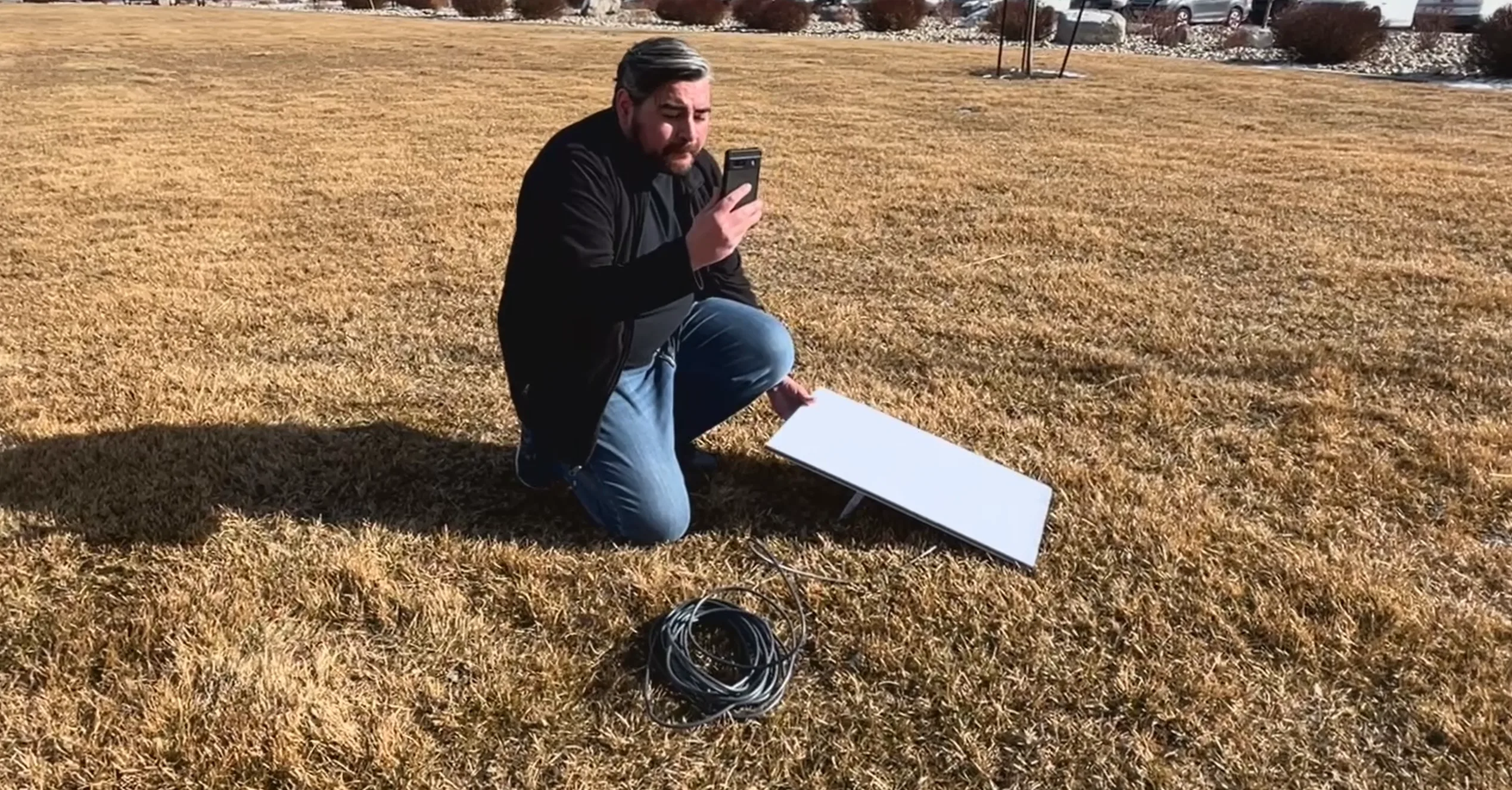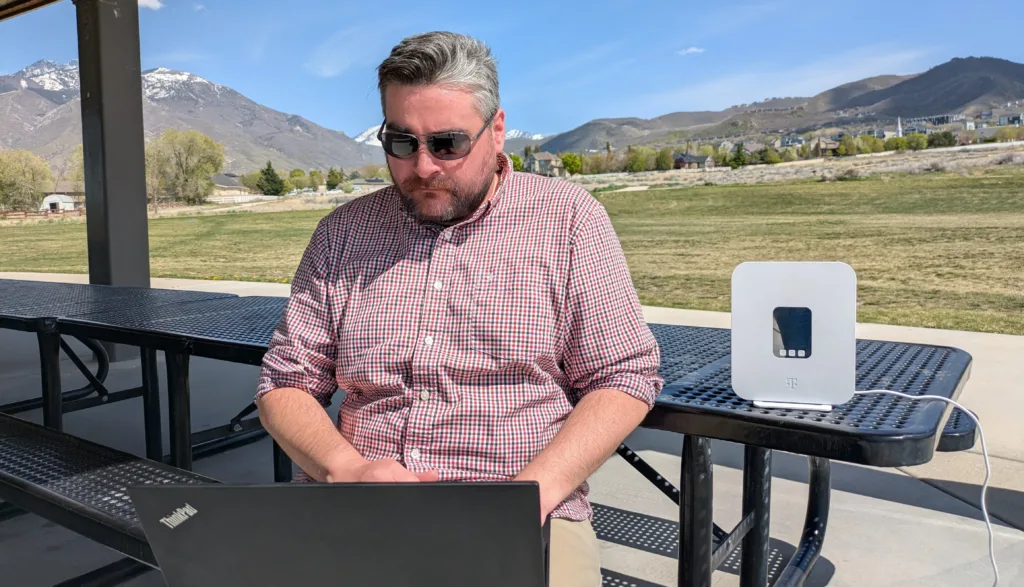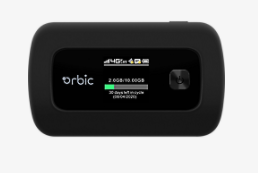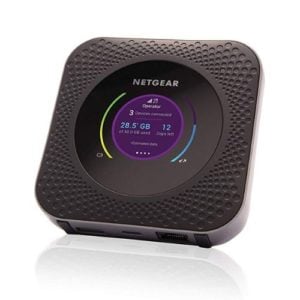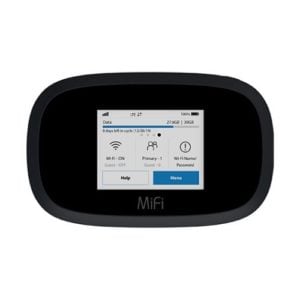When camping, there’s no solution that can get you faster internet from nearly anywhere in the country than Starlink Roam(once called Starlink RV). A Starlink portable dish connects to SpaceX’s constellation of low-earth orbit (LEO) satellites to deliver high-speed, low-latency internet, no matter how remote you decide to camp.
Starlink requires an expensive, upfront startup cost because you’re required to purchase its hardware. Plus, the service plans are among the most expensive for mobile internet.
However, you’re in store for a reliable and fast internet connection. The service's performance will depend on your location, network congestion, and the status of the continually growing Starlink constellation. Starlink's availability and speed map tracks approximate speeds from state to state.
Starlink currently offers three hardware kits for mobile users:
- The Standard kit is $349 when signing up with a Mobile plan. The dish is easy to set up on the go, so you don’t need to install it in your RV.
- The Flat High-Performance is $2,500 and provides a stronger signal for minimal positioning to catch the best connection. The dish is to be used with Starlink’s in-motion plans that allow you to connect from anywhere on the globe while it’s moving on land or the ocean.
- The Starlink Mini is $599 and is half the size and weight of the standard dish. Its compact design and built-in Wi-Fi (along with a portable battery) make it perfect for backpacking.
For short camping trips or long weekends on the road, we recommend the Starlink Mini and Mini Roam plan. Although it does not offer unlimited data, it’s the most affordable plan, can be used while moving, and can be paused when not in use. If you’re a nomad, go on frequent trips, or take extended vacations, then you should consider the standard dish with an unlimited mobile plan.

